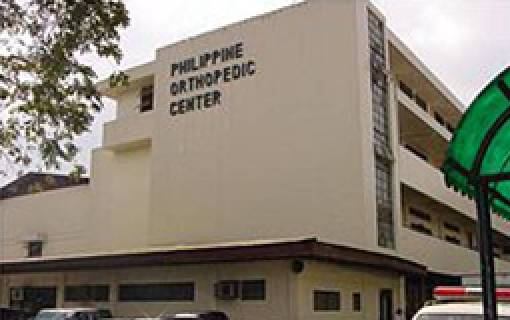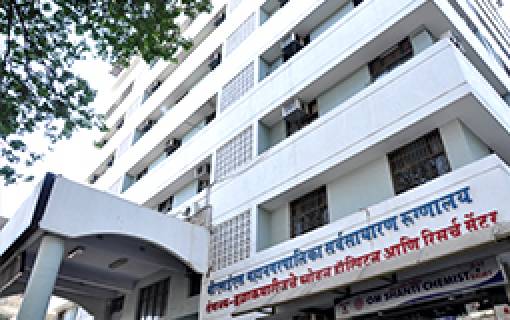Importance of a hospital consultant in improving processes in a hospital department
“When performance is measured, performance improves. When performance is measured and reported back, the rate of improvement accelerates.“-Thomas Monson (Author, religious leader)
A hospital is an institution where patient care, comfort and experience is of utmost priority. However, ensuring this optimally can be a challenge. Hospitals have complex systems where interactions and associations of different departments directly affect patient experience and thereby the hospital’s image.
Problems in a hospital can be caused by both medical and non-medical factors. In order to improve patient and family satisfaction, the hospital’s concerned staff should be able to address problems such as medical errors, medication complications, delayed patient care and delayed clinical decisions. More often than not the workforce is inundated with chores that leaves them little time to look closely or even identify these problems and take immediate corrective actions.

With the engagement of an experienced, external hospital consultant, the hospital management gets an opportunity to look at their hospital’s functioning in a non-myopic manner. Healthcare consultants with their domain expertise and experience are able to achieve this by means of their tested performance and quality improvement tools.
Some of the factors that help gauge the performance of hospitals are :
- Type and level of specialties
- Patient footfalls
- Processes for healthcare delivery
- Clinical and non clinical staff integration
- Level of technology
- Type and level of management involvement
- Financial performance
Based on these factors various hospital departments can be identified and categorized into two namely high performance departments and low performance departments.
High performance Departments:
These are departments that produce majority of the income for the hospital. Examples of these departments can be the diagnostic services such as pathology , radiology and imaging. Clinicians rely heavily on diagnostic test results to be able to aptly diagnose their patients. Thus it can be seen that these departments contribute largely to patient footfalls and the hospital top line.
The hospital can improve the performance of these departments in the following ways:
- Once the potential of a department is established, the hospital requires to market/ promote the services offered
- Introduce competitive and meaningful health package schemes in order to attract more patients
- Introduce an appropriate, state of the art level of technology thereby enhancing the quality of care
Low performance Department:
These departments are those that contribute minimally to the hospital’s overall performance. The patient footfalls to these department are lower than expected.
It include departments that are likely to have lower patient load e.g. a dental unit that does routine dental work. However, it’s necessity increases if the hospital offers services such as maxillofacial surgery or dental reconstructive surgery, etc. this way the dental department could augment its revenues.
Similarly services such as ophthalmology or ENT may also not get many patients compared to the other high end clinical services. One of the ways a hospital can support these departments is by creating packages that include their services and offer them on a larger scale. Some examples would be:
- Tie-up with schools and corporates for routine checkups
- Outsource the department/s, by which the hospital could continue to offer these services with lesser direct involvement and responsibility of the commercial outcomes

It is important for the management to engage and support the staff and clinical professionals to give their best towards patient care.
The above approach and methodolgies can result in overall performance improvement of the hospital resulting in improved quality of care. This would lead to a more sustainable organization in the future.
We would love to talk to you about your vision for your healthcare project and provide meaningful insights into how we can help you realize your goals. We look forward to hearing from you.
Project Highlights
We have had a proud association with various prestigious clients and projects.
Need Help? Send in your query.
Please fill out the form below and we will get back to you as soon as possible.












